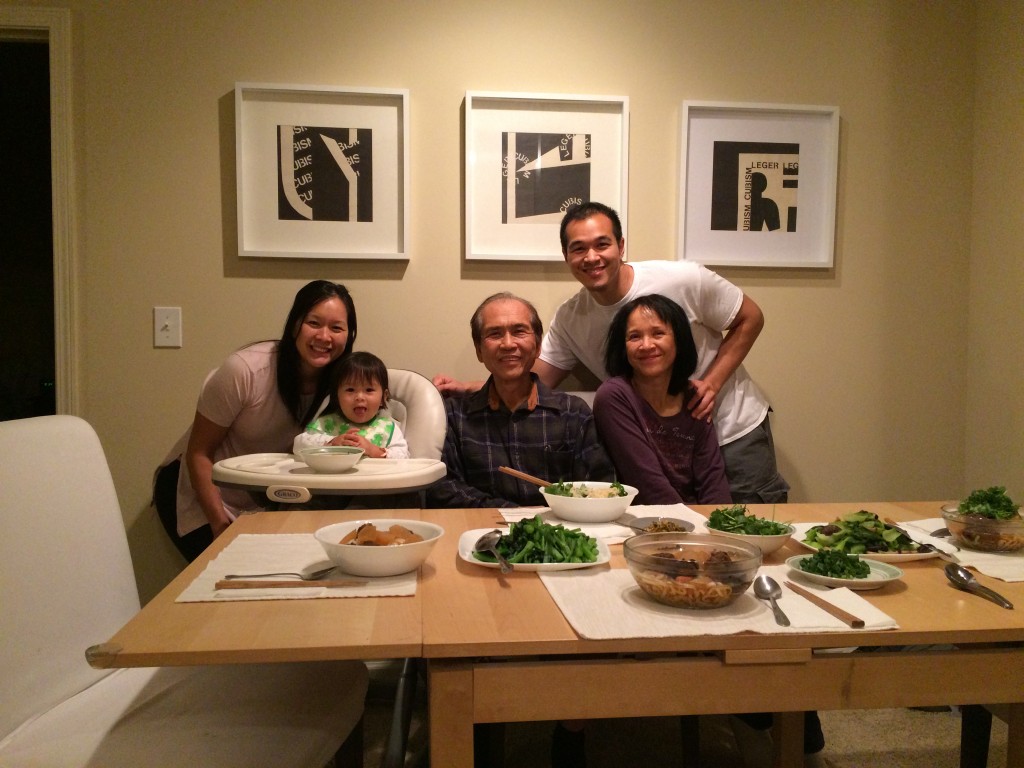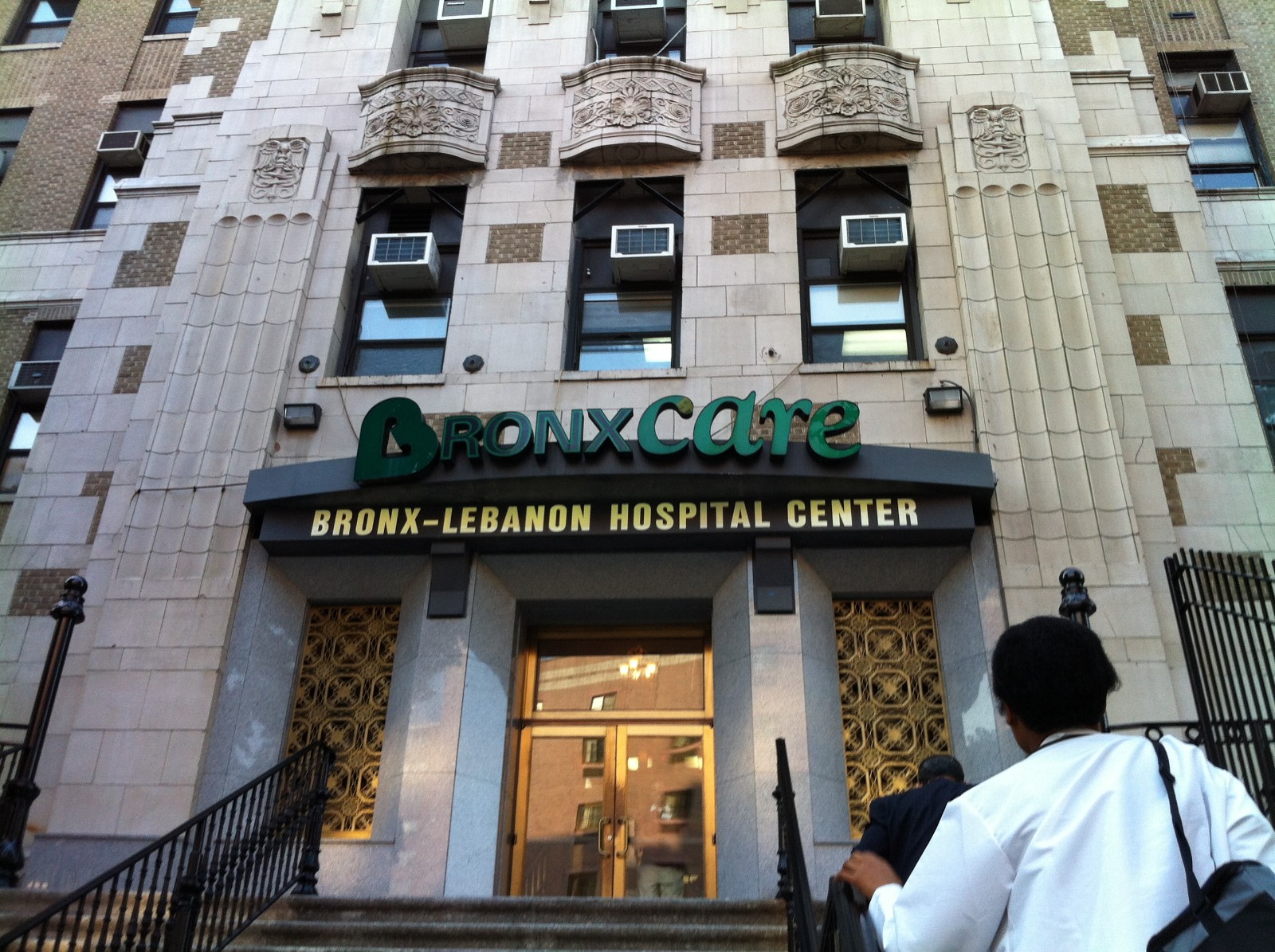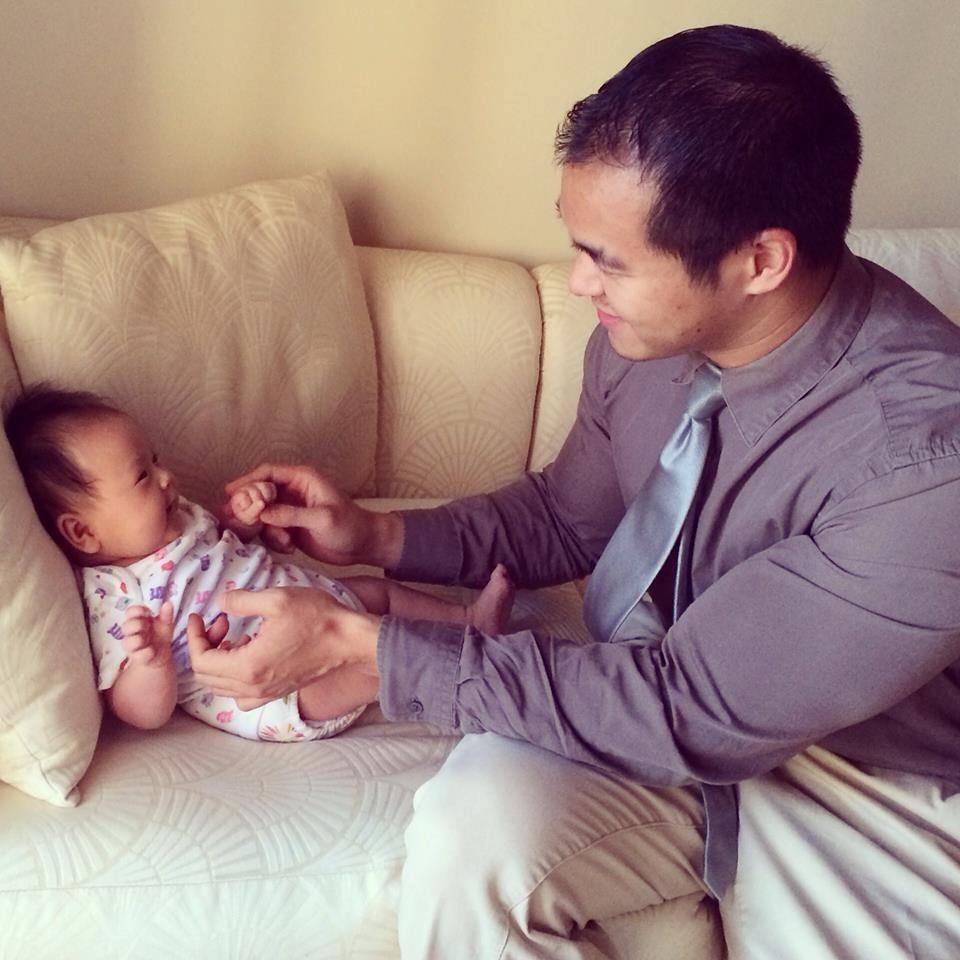Why Family Medicine?

Why Family Medicine?
It is a very satisfying field, particularly if you love building relationships with patients and their families. I’ve gotten to treat both parents and their kids. I’ve even got to take care of a pregnant woman, deliver her baby, then take care of both her newborn and herself post-partum. The range of practice is wide, and the variety of issues you’ll see is exciting. I’ve done things from skin biopsy procedures to psych med management. When my clinic patient gets admitted to the hospital, I continue treating him in the hospital. If he becomes home-bound, I treat him at home. I see patients when they are first born, and I see patients at the end of their lives. Everday is exciting, and you’ll never know who or what you’ll see day-to-day. We are trained to be very versatile practitioners.
How is the Job Market?
In terms of career opportunities, family med doctors are highly sought after. In fact, surveys have shown that it is the top sought after specialty by medical employers. Check out this Forbes article: http://www.forbes.com/sites/brucejapsen/2013/08/31/the-10-most-in-demand-career-specialties-in-health-care/ . There will always be a need for primary care physicians wherever you go. People will come to you first whenever they have a medical issue or if they simply want a regular check up or get advice. Down here in Georgia, I can definitely see the demand for family practitioners. The third year residents finishing our program get tons of offers all the time, and they get jobs in all settings: inpatient hospitalist, urgent care, outpatient, and combination in and outpatient. Some go to bigger cities like Atlanta and others go to small towns like Forsyth, Georgia, and become the town doctor, without competition.
Can You Sub-specialize?
Some students may have a misconception that one cannot sub-specialize as a family practitioner. However, this is certainly not true and there are actually quite a few choices for fellowships you can do after family medicine residency. Just in my program alone, we have a Geriatrics as well as a Palliative Medicine Fellowship program, and because of this, many of my family medicine attendings are Geriatricians and Palliative specialists. There is a growing demand for sub-specialties like Geriatrics or Palliative Medicine, especially with the quickly aging population in this country. Some of my specialist attendings are medical directors at nursing homes as well as hospices. In the hospital setting, geriatric consults are often sought for elderly patients to deal with issues like polypharmacy, delerium, and age-related dose adjustments for medications. And for those with poor prognosis or uncontrolled pain, palliative consults are often sought for determining goals of care, providing comfort, and terminal weaning when appropriate. Because palliative care is about improving the quality of end-of-life care rather than prolonging death with expensive, aggressive treatments, many hospitals are now finding that they can save a lot of money and resources by having a palliative service. Because of this, palliative medicine is in big demand throughout the country. AAFP has a Fellowship Directory that lists these fellowships available to family medicine residency graduates:
- Adolescent Medicine
- Emergency Medicine
- Academic Medicine
- Geriatrics
- Hospice and Palliative Care
- Hospitalist Medicine
- Integrative Medicine
- Global Health
- Obstetrics
- Preventive Medicine
- Research
- Rural Medicine
- Sports Medicine
- Substance Abuse Medicine
- Urgent Care
- Women’s Health
- Others:
- Headache Medicine
- Behavioral Health
- Community Medicine
- Super-utilizer Medicine – For those not familiar with the term, “super-utilizers” are patients who suffer from multiple complex, chronic issues who are often also in difficult social situations that cause them to overuse emergency departments and inpatient admissions. They cost the health care system a lot of money and resources. I think it’s interesting that super-utilizers have become such an issue that an institute has decided to make a fellowship out of it.
- HIV
- Neuromuscular Medicine
- Neuropsychiatry
- Underserved Dermatology
- Wilderness Medicine
- Intensive Care
How Do I Decide?
When I was deciding on my specialty, I had several in mind, but I ultimately went with my heart, my intuition, in what I feel I would enjoy the most, and what I would be most fitting for. I chose family medicine and have no regrets.
Benji














I have been following ur blog ever since I was premed. now that I’m 2nd year med student, I appreciate the fact that you took ur time from busy schedule to write these enjoyable posts. congrats on FM and finishing the brutal intern year
Thanks for reading! I appreciate the comment. Wishing you the best in med school.
Hi Benji,
I’m hearing conflicting things about FM-trained docs being hirable as Hospitalists. It seems most hospitalist groups want inpatient-trained IM docs over clinic trained FM docs. What do you think?
Also, is there really a strong advantage to seek out unopposed residency programs for FM, or is it a small difference?
Hi Joe,
A lot of our FM graduates end up with hospitalist positions, so I don’t see it being difficult to get. Also, as FM, we still get a ton of inpatient training… It’s not just clinic. ACGME has requirements that we get a certain amount of inpatient experience. During my intern year, I was required to do 9 inpatient months. This year as a second year, I am doing 5 inpatient months, plus taking occasional inpatient call on a few weeks or weekends during my outpatient months. As a third year, I will have 5-6 inpatient months as well.
Also, unopposed programs are good in that you get to do all the procedures, whereas in opposed programs, you share the number of procedures with other residency programs. However, in opposed programs, you learn a lot how other residency programs do things.
Benji
Hello, Have a question what do are your toughts about AUA medical school because I know it is a fairly new school , but i see that they have affliations with fiu, i really want to practice medicine in florida, and since they have such strong ties with the state I think it would be a good fit for me. AND they are accredited in 49 states except kansas but I am a little skecptial on how good the school is? I am applying there and i know for sure i will get in. But i want to know how good of school do you think it is? Do you think i should go there?
Hi Launa, I cannot tell you what the experience is like going to AUA, because I’ve never been there, but I can tell you that it will give you the opportunity to practice in all 50 states after you graduate, and that you will be able to borrow the money you need to pay for it via federal student loans. I work with several coworkers who are graduates of AUA, and they are all fine doctors. However, the graduates that I meet are a select group who are deemed good enough to be accepted to our residency program. Honestly, all of the top Caribbean med schools will have clinical rotations in Florida, so it should not matter which school you go to specifically if you want to match in Florida. Best of luck.
Benji